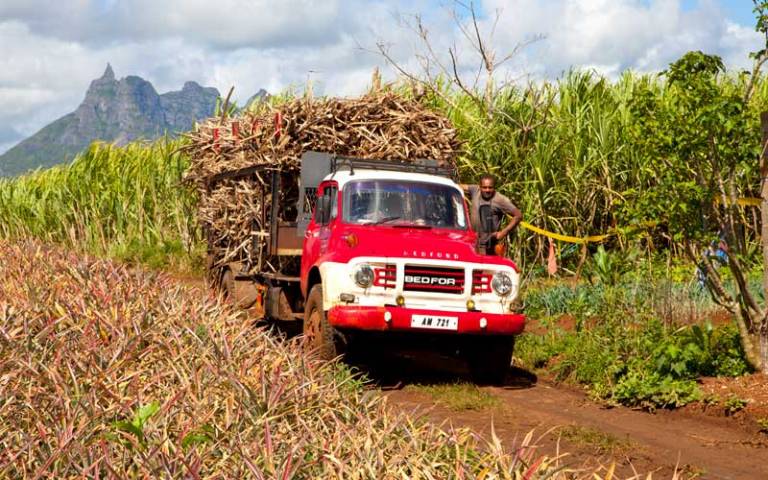Growing greener
Agro-industries and clean energy in Africa

14 February 2020
Agro-industries and clean energy in Africa (AGRICEN) is a five-year research programme run by UCL’s Department of Science, Technology, Engineering and Public Policy (STEaPP) to explore how agro-industries in sub-Saharan Africa could contribute to improving rural energy access.
Lack of access to energy remains one of the major barriers to development in sub-Saharan African countries. In rural areas, it is estimated that only 10–14 per cent of people have access to electricity.
This has a knock-on effect not only on regional economic development but also on the health, education and social welfare of local communities.
Sugar-coating the energy supply
To date, many small and medium-sized enterprises that implement green energy services in Africa have been hampered by problems such as limited access to investment finance, a shortage of skilled staff, and lack of revenue to fund ongoing maintenance.
Focusing on Ethiopia, Kenya, Uganda and Malawi, AGRICEN will investigate the willingness of agro-industry players to play a role in widening rural energy access, and identify the barriers that prevent this from happening on a larger scale at present.
One recent area of focus has been on the use of sugarcane waste (bagasse) to generate heat and electricity to meet the energy needs of sugar mills and surrounding communities. The team is also investigating how tea and coffee producers could also benefit from clean energy.
The project aims to form a thorough understanding of the potential role of industries in energy services, develop a strong methodology for project implementation and help promote meaningful projects that meet the demands of potential investors.
AGRICEN is funded by a £2 million grant from the Engineering and Physical Sciences Research Council, the Department for International Development and the Department for Energy and Climate Change.
- Find out more at ucl.ac.uk/steapp/research/projects/agricen
 Close
Close

